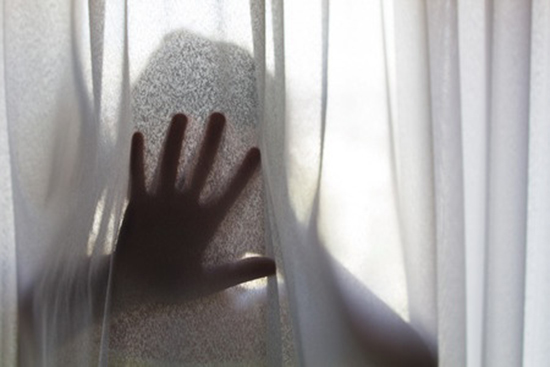
In our world today, many children experience early childhood trauma. Through a lot of research, we now know that childhood trauma can affect children for the rest of their lives. ACEs too High explains in several articles and research reviews how trauma in early childhood can affect kids’ behavior and health during childhood and cause lifelong problems.
We know early trauma causes toxic stress in the brains of young children—so much so that the American Academy of Pediatrics has issued a policy statement about this issue. It encourages pediatricians to aid children who are experiencing toxic stress.
This means pediatricians need to not only check children for the normal ear infections and colds and administer the typical childhood immunizations, but they also need to ask questions about home life. In essence, baby doctors have been told, “Your new job is to reduce toxic stress.”
We have schools that are becoming trauma-informed schools. They are reaching out and changing the way they work with children with challenging behaviors and teens with out-of-control behaviors.
They are going from punitive discipline to informed disciplinary measures. Instead of strict no-tolerance policies, they are developing policies of conscious discipline of love and comfort. Without realizing it, many schools are now treating children like Jesus did in the Bible, pulling them up on His lap and comforting them.
In San Francisco at the El Dorado Elementary, school administrators and teachers are rethinking and resetting their classroom discipline policies. Now in each El Dorado Elementary school, there is a “peace corner” where kids can take a break if they need to. Bean-bag chairs, books, squeeze toys, blankets, stuffed animals, windmills to blow, pencils, crayons, and paper crowd the peace corners at El Dorado. This is not time-out but simply a place to go to calm down and destress.
Why am I talking about pediatricians and elementary schools when this is a blog about churches and children of divorce?
Because the adverse childhood experience that changes children’s lives and, for many, adds layer upon layer of toxic stress is divorce. While the divorce rate is going down, the cohabitation rate is going up. When parents separate or one partner leaves, to the child, it is a divorce. It is the death of what they have known as “the family.”
Many in the church realm think the only children affected by trauma are kids who have experienced severe child abuse, neglect, poverty, a tornado, or some other act of nature. Many of us don’t think we have these children in our churches. The recent explosion of school shootings means many more children are experiencing trauma. What about those children? Even if it doesn’t happen at their school, they see it on TV and hear about it. More than likely you have those children in your groups.
I get calls, emails, texts, and Facebook messages from ministers who are experiencing out-of-control, unruly children. They are most often clueless as to what to do or how to help turn the children’s behavior around. The majority of these children have experienced the childhood trauma of divorce.
Along with the divorce, they have also experienced things children should never be exposed to. Rarely is a divorce just a division of property and the assignment of a visitation schedule for kids. It is a war, and many times, ugly things happen as a result of this war.
The following are just a few situations children I know have experienced. And these are all children in churches.
- A seven-year-old witnessed his military dad with PTSD throw his mom in the closet. When the mom was finally able to break out, the dad was kneeling with a loaded rifle aimed right at her chest
- A six-year-old was sexually molested by his sister’s dad.
- An eight-year-old girl was touched inappropriately by her birth dad.
- Two elementary-age boys watched as their mom punched a hole in the wall because she was so frustrated and angry at the dad.
- A thirteen-year-old saw sexting on her dad’s phone.
- An eight-year-old witnessed his mom having an affair with his dad’s best friend.
- A preschooler saw her mom repeatedly get high.
Perhaps if those of us in the religious realm could buy into adverse childhood experiences, we could develop “trauma-informed churches.” We could provide ......
To read the rest of the article see https://blog.dc4k.org/archives/3046

Comments (2)